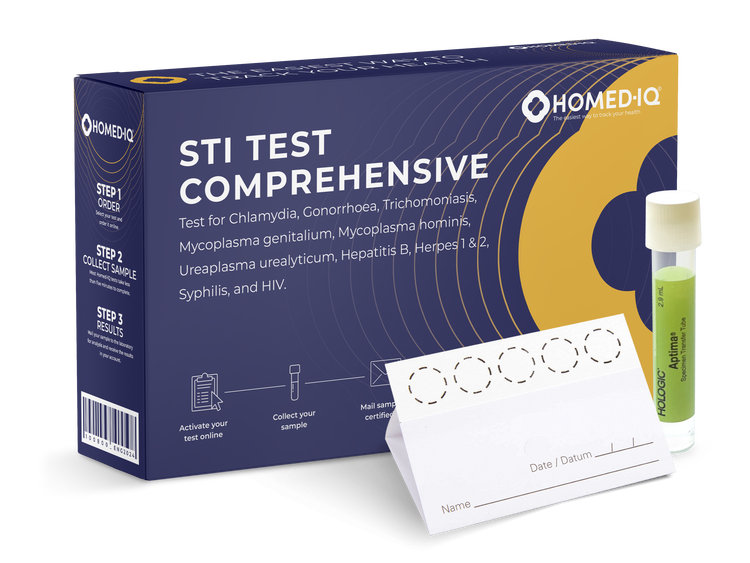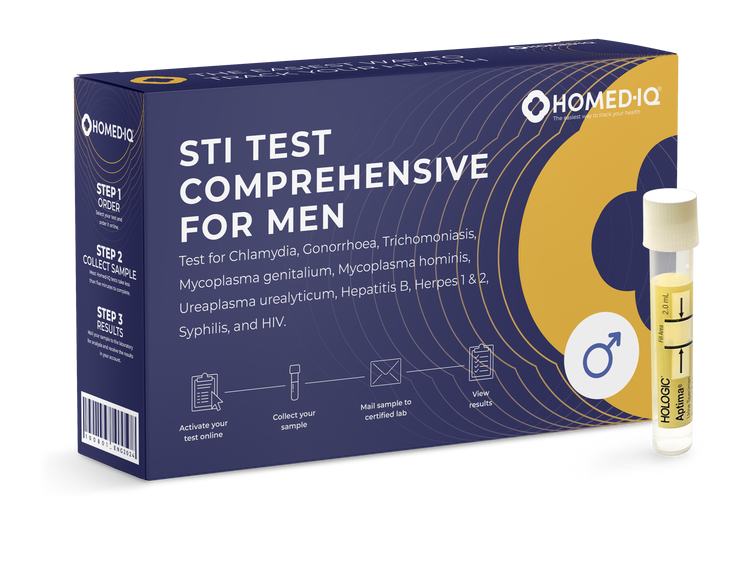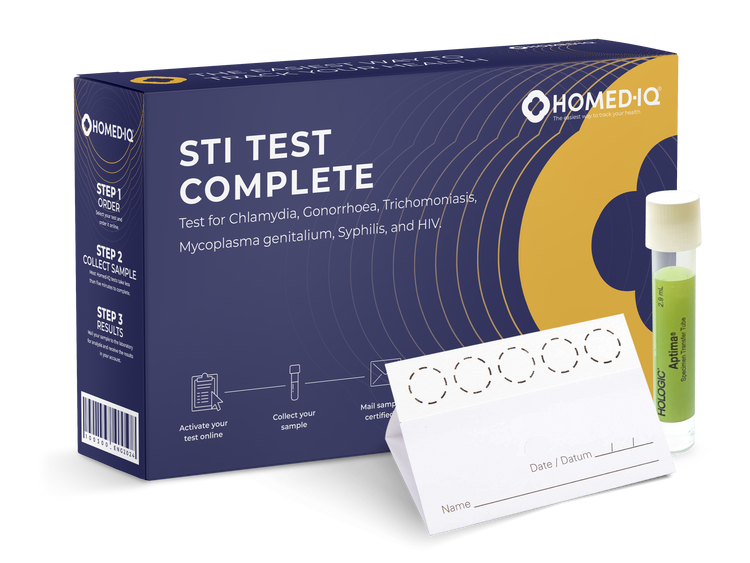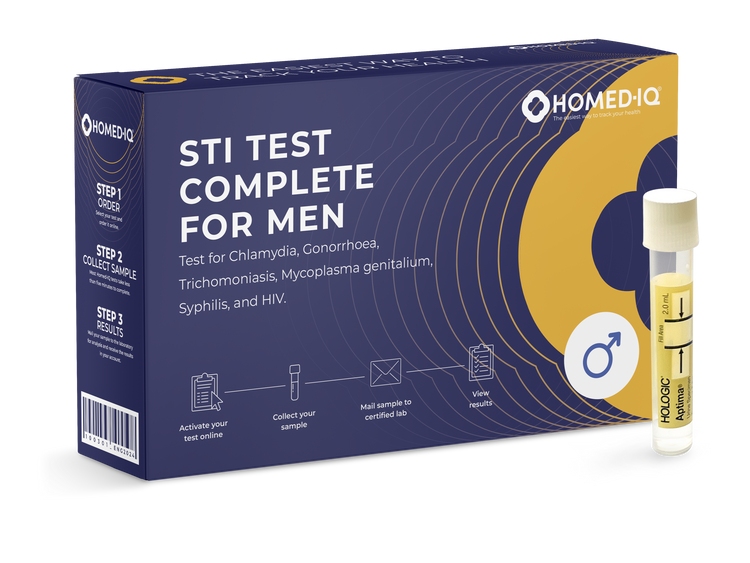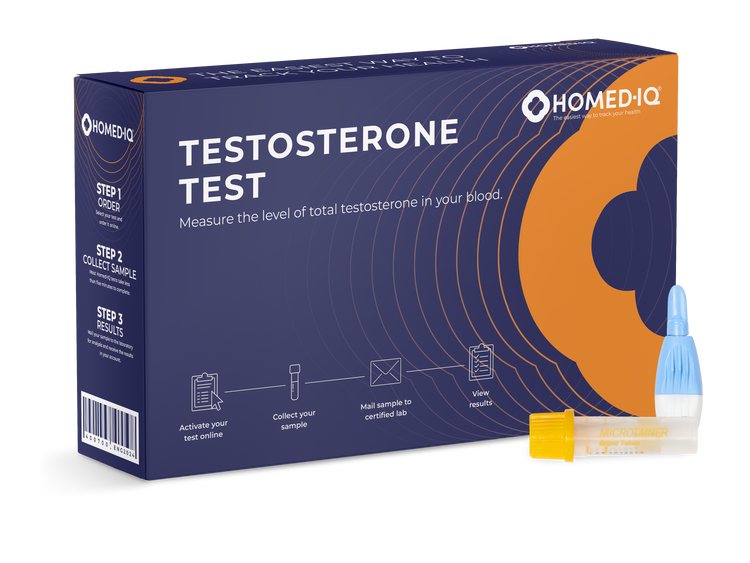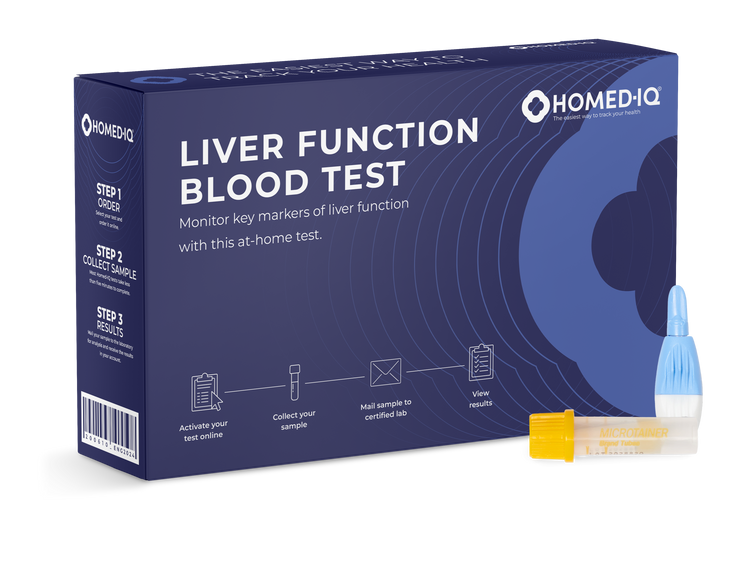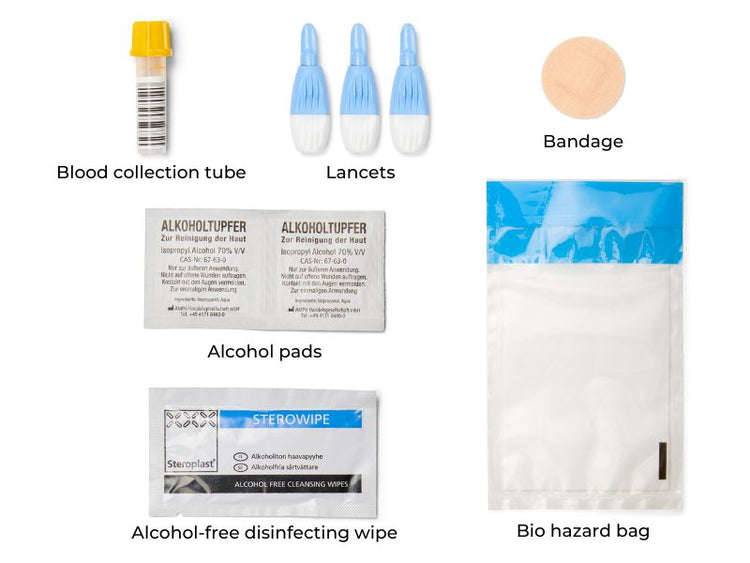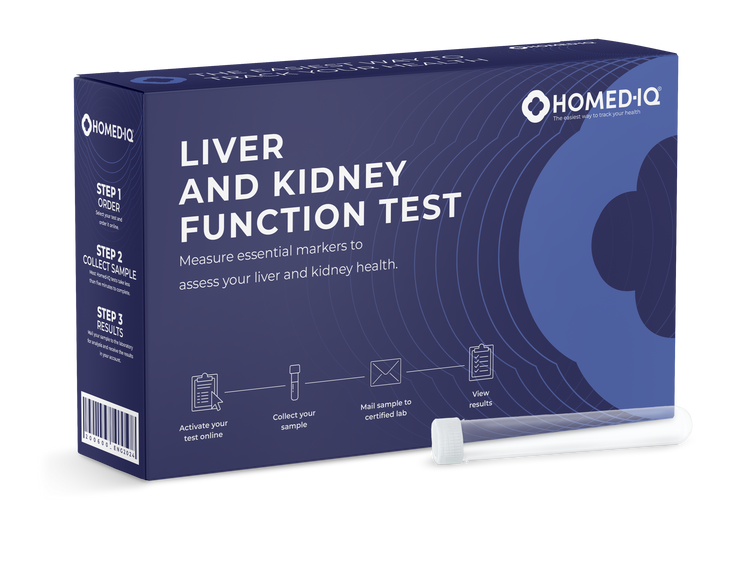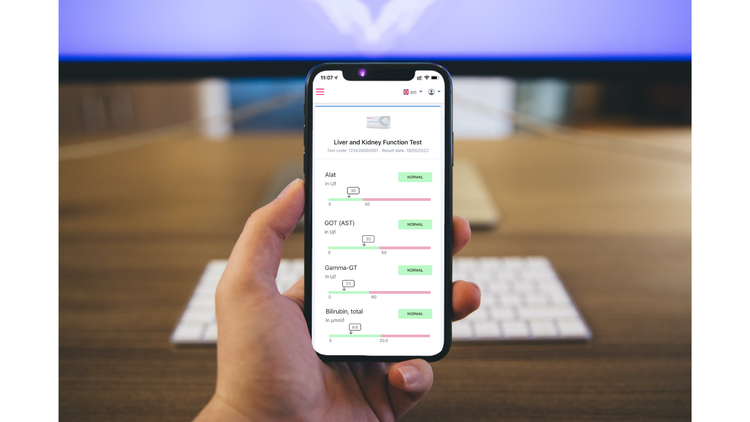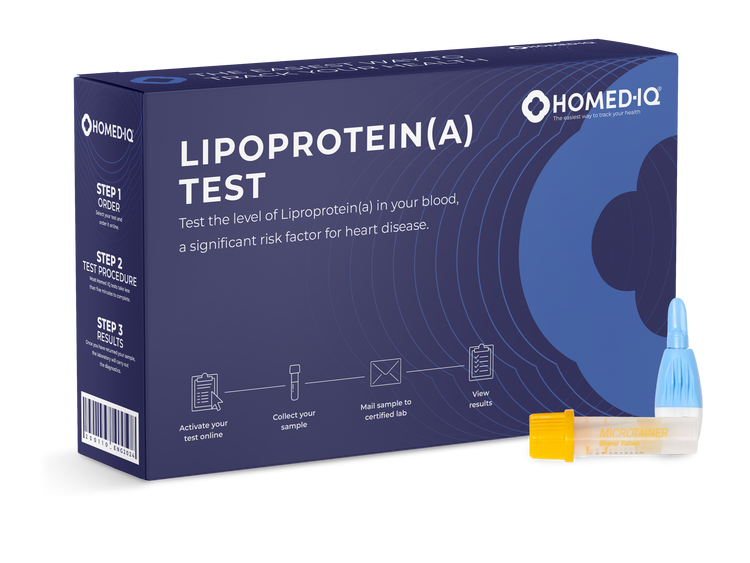1. Blood Sugar
HbA1c
This test result gives an indication of your average blood sugar level over the past three months. HbA1c measures the percentage of blood sugar attached to hemoglobin, the blood protein that carries oxygen. The higher the percentage, the higher your blood sugar. High blood sugar level can be linked to Type 1 Diabetes and Type 2 Diabetes.
2. Cholesterol and Lipids
Cholesterol
Cholesterol is produced in the liver and is found in every cell of the body. The body uses cholesterol as a building block for cells and hormones and for the production of bile. There are two types of cholesterol: one in the form of HDL (high-density cholesterol) and LDL (low-density cholesterol). HDL is also referred to as the ‘good’ cholesterol and LDL is known as the ‘bad’ cholesterol.
HDL
High-Density Lipoprotein (HDL) is also known as the “good” cholesterol because it transports excess bad cholesterol to your liver to clear it. Higher HDL levels are associated with a lower risk of heart attack and stroke. Lifestyle changes such as increasing exercise, quitting smoking, and improving one’s diet have been seen to increase HDL.
LDL
Low-Density Lipoprotein (LDL) transports cholesterol throughout the body, creating the risk that cholesterol builds up in the arteries and can cause cardiovascular disease. Elevated LDL can indicate an increased risk of cardiovascular disease.
HDL % of total cholesterol
The percentage of total cholesterol refers to the amount of HDL (= “good” cholesterol) in the body that can fight the LDL (= “bad” cholesterol). The higher the percentage of total cholesterol is HDL, the better.
Triglycerides
Triglycerides are the most common types of fats in the body. Excess calories, alcohol and sugars are converted into triglycerides and stored in the body as fat. An elevated triglyceride level increases the risk of cardiovascular disease.
3. Liver Function
Your liver is an organ with many important functions. Some of its functions are that it removes wastes and toxins from your blood, produces bile which aids in food digestion, produces cholesterol and other fat-carrying proteins for the rest of the body, processes hemoglobin, regulates blood clotting, and converts excess glucose to glycogen for storage.
ALT
Alanine aminotransferase (ALT) are enzymes found primarily in the liver. Generally, ALT levels in the blood are low. However, damage to the liver can cause these enzymes to leak from the liver into the bloodstream, elevating blood liver enzyme levels. The same is true for GammaGT. High levels of GammaGT in the blood can be a sign of liver or bile duct damage.
GammaGT (GGT)
Gamma-glutamyltransferase (Gamma-GT or GGT) is an enzyme made in the liver that helps convert and digest substances that enter the body through food and drink. Normally, the concentration of GGT in the blood is very low but can become elevated when the liver is overloaded. This happens when the liver must process a high quantity of certain substances in a short period of time, for example with excessive use of certain medications or alcohol. GGT values will also rise when the bile ducts are blocked, with gallbladder problems, or as a result of liver damage.
Creatinine & eGFR
A creatinine test can indicate how well the kidneys are functioning. The kidneys are organs that filter waste products from the blood. Creatinine is a waste product from the muscles. All waste products are stored in the bladder until you excrete them. If you have an elevated creatinine level, this may be a sign that the kidneys are damaged or not functioning properly. An elevated creatinine level can be caused by inflammation of the kidneys, a kidney-related bacterial infection, an enlargement of the prostate, or kidney stones. Diabetes, dehydration, or excessive use of medication can also be a cause.
A low creatinine value is usually not alarming and is usually caused by a decrease in muscle mass, which often comes with age. The eGFR provides information about the kidney’s ability to purify the blood and remove waste products through urine.
4. Vitamin Levels
This test measures the Vitamin B12, Vitamin D, and Folic Acid levels in your blood. Based on the test result, it can be determined whether there are abnormal levels of one of the above vitamins. This can indicate that changes in diet or supplements are needed.
5. Iron
Ferritin
Ferritin is a protein that stores iron in your body. The amount of ferritin in your blood indicates the amount of iron in your body. A low ferritin value can indicate anemia.
![Woman in professional cozy kitchen with Homed-IQ test kit]() 1
1![]() 2
2![]() 3
3![]() 4
4










